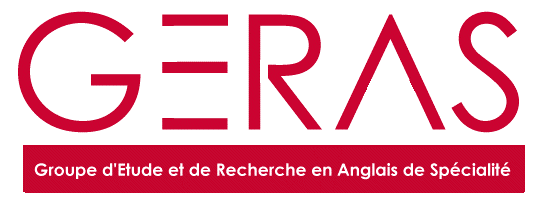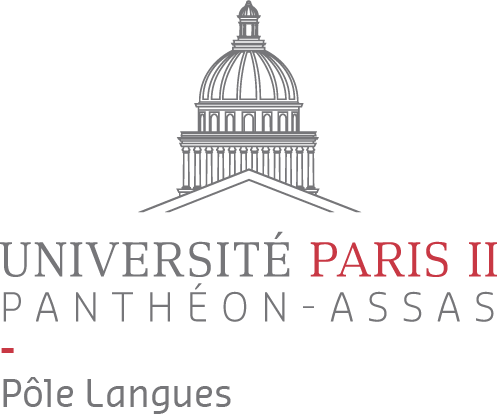Logo

- Back Committees
- Back Programme
- The GERAS Doctoral Symposium
- Registration
- Back Information
Partners in the 40th International GERAS Conference
We would like to thank the Pôle langues — i.e., the University’s Foreign Language department — the CERSA and the Law and Humanities research unit for their support.

The Pôle langues is in charge of setting up the language curricula to meet the needs of students specializing in law, political science, economics, management, finance, information and communication. Though English is the predominant foreign language taught at Paris 2, other foreign language courses are offered by the Pôle langues, in Spanish, German, Italian, Russian, Chinese, and French for Erasmus Mundus students. The language department’s 60-strong teaching staff mostly consists of permanent members (professors, senior and junior lecturers, research fellows, etc.)

CERSA stands for ‘Centre d’études et de recherches de science administrative’ (Research unit in administrative science). Headed by Professor Borghetto, CERSA is a joint research unit – UMR 7106 – that operates under the aegis of both University Paris 2 Panthéon-Assas and the French National centre for scientific research (CNRS). Researchers at CERSA study administration-related phenomena at local, national, or international levels, and investigate all their aspects, be they legal, historical or sociological. As part of the Paris 2 Doctoral School in Public Law, Political Science and Administrative Science, CERSA is responsible for, and closely connected with, two master’s degree programs, one in Public Administration and Policies, and the other in Public Health and Social Law.

Law & Humanities is an interdisciplinary research branch of CERSA which focuses on the interactions between law and other disciplines such as theology, ethics, sciences and techniques, rhetoric, psychology, sociology and philosophy. The members of the Law & Humanities group seek to account for these interactions, and to study how various influences come into play. The economic sphere also interacts with the legal sphere, and Law & Humanities members conduct comparative studies taking into account the cultural background of France, the United Kingdom and the United States.
More broadly, the research conducted by the Law & Humanities team pertains to the branch of English studies investigating specialized varieties of English, a branch that advocates approaching specialized domains from three angles, i.e. their specific raison d’être and milieus, their discourse and their culture
Partager cette page